Window Washing Tips and Techniques For Streak-Free Results
Keeping your windows clean might seem like a small task, but it can be a bigger job than it seems. Plus, it makes a big difference in how your home looks and feels. Natural light shines better through clean glass, and spotting problems like cracks or rot becomes easier when dirt and streaks aren’t in the way. Whether you’re tackling one window or all of them, here are some window washing tips that will leave them sparkling.
Start With a Dry Dusting
Before reaching for any water or cleaner, take time to remove dust, cobwebs, and loose debris. This step keeps dirt from smearing once it gets wet and gives you a clearer surface to work with. Use a dry microfiber cloth or a soft brush to go around the edges, tracks, and sills, getting as much debris out as you can.
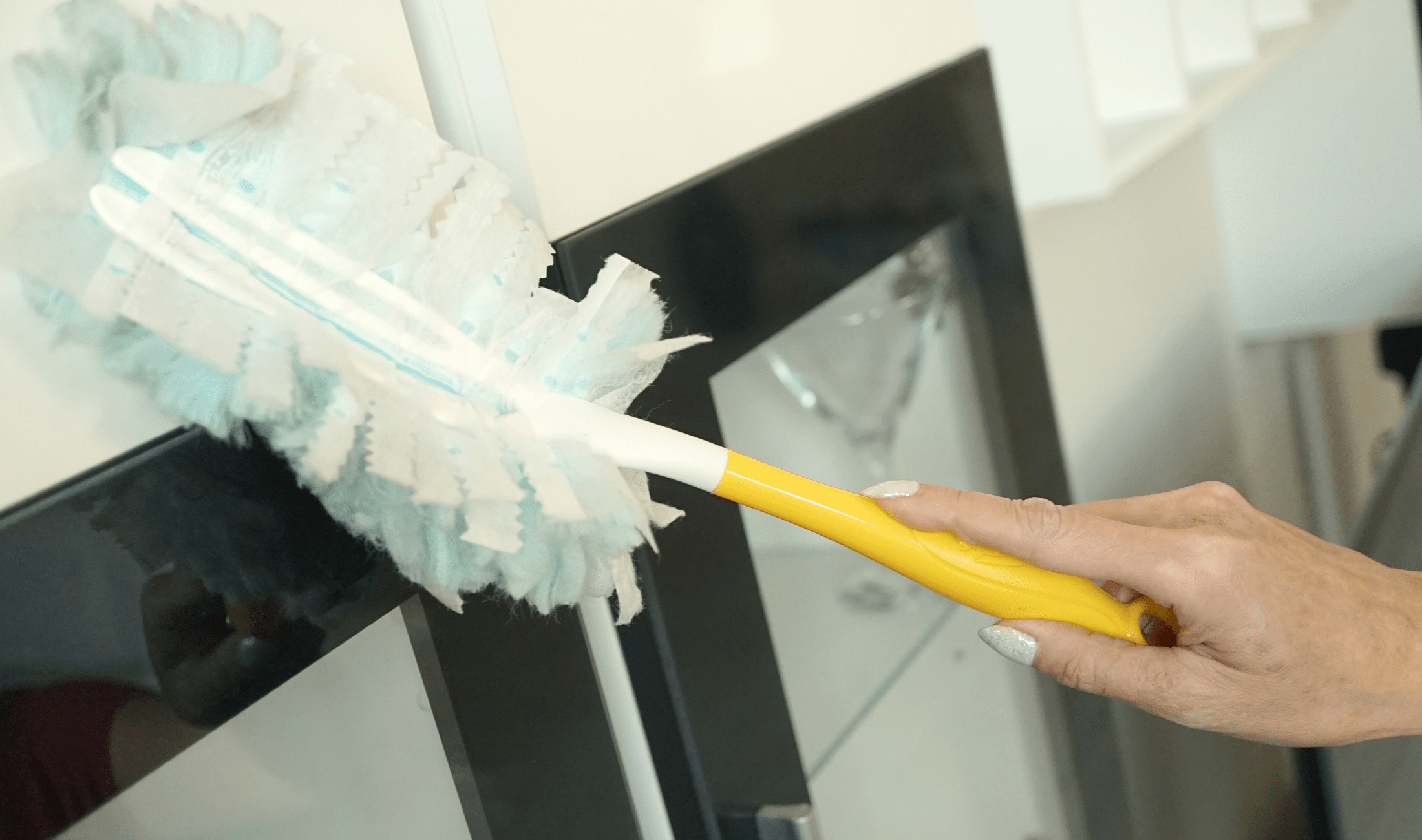
Pick the Right Day
Believe it or not, the weather can affect how well your windows clean up. Avoid washing on hot, sunny days, as the sun can dry the cleaner too fast and leave streaks behind. Choose a mild, overcast day instead. This gives you more time to wipe without the solution drying too soon and undermining your cleaning efforts.

Use the Right Solution
You don’t need a fancy cleaner to get results. A mix of water and a small amount of dish soap can be just as effective as store-bought sprays. For a streak-free finish, you can add a splash of white vinegar to the mix. Avoid anything too sudsy, as that’s more likely to leave residue behind.
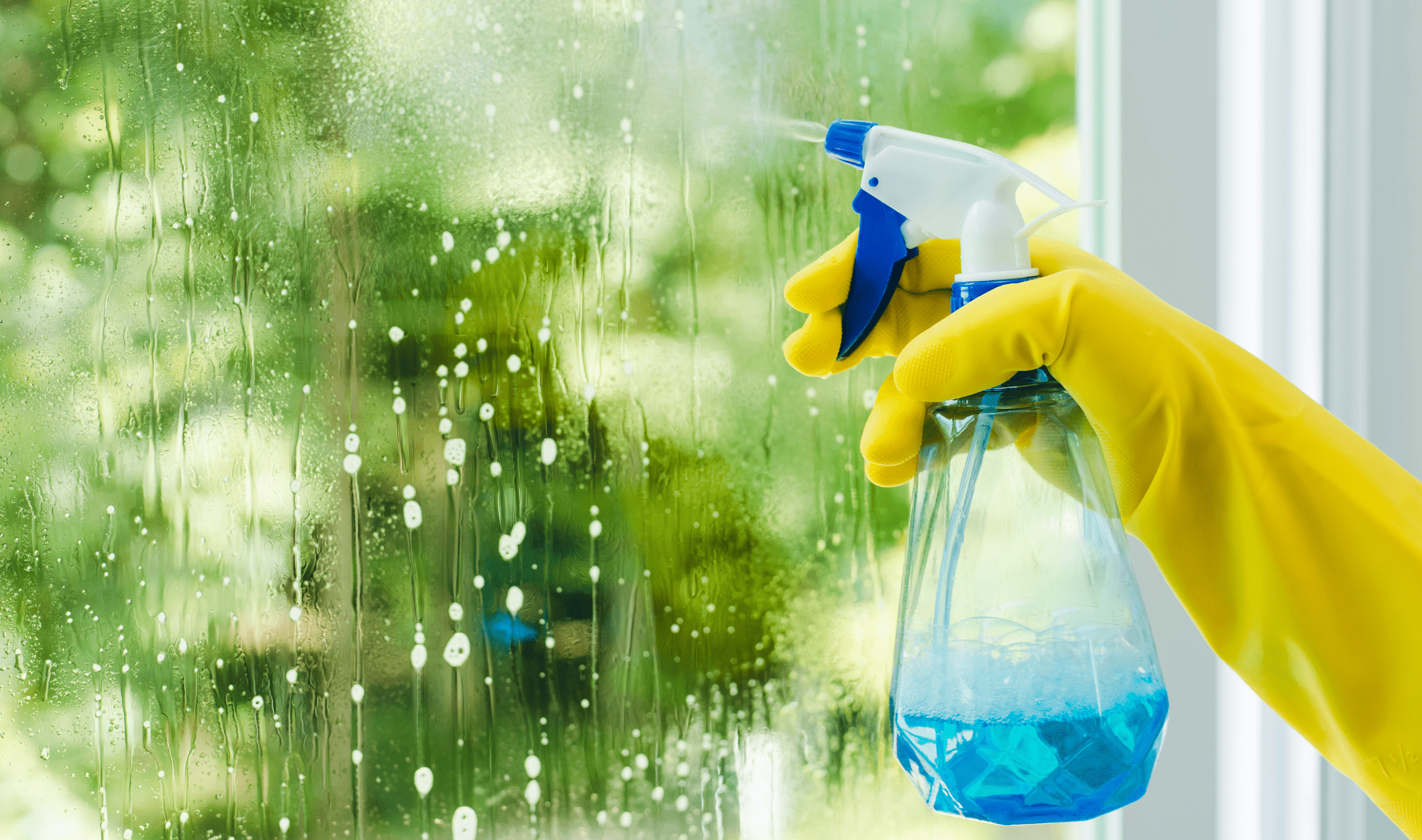
Try a Squeegee for Better Results
A rubber-bladed squeegee is one of the most useful tools for cleaning windows, especially larger ones. It helps pull the water and cleaner off in one smooth motion, which massively cuts down on streaks and spots. Start at the top and move down in a straight line, wiping the blade after each pass. It takes some practice, but the difference is easy to see.
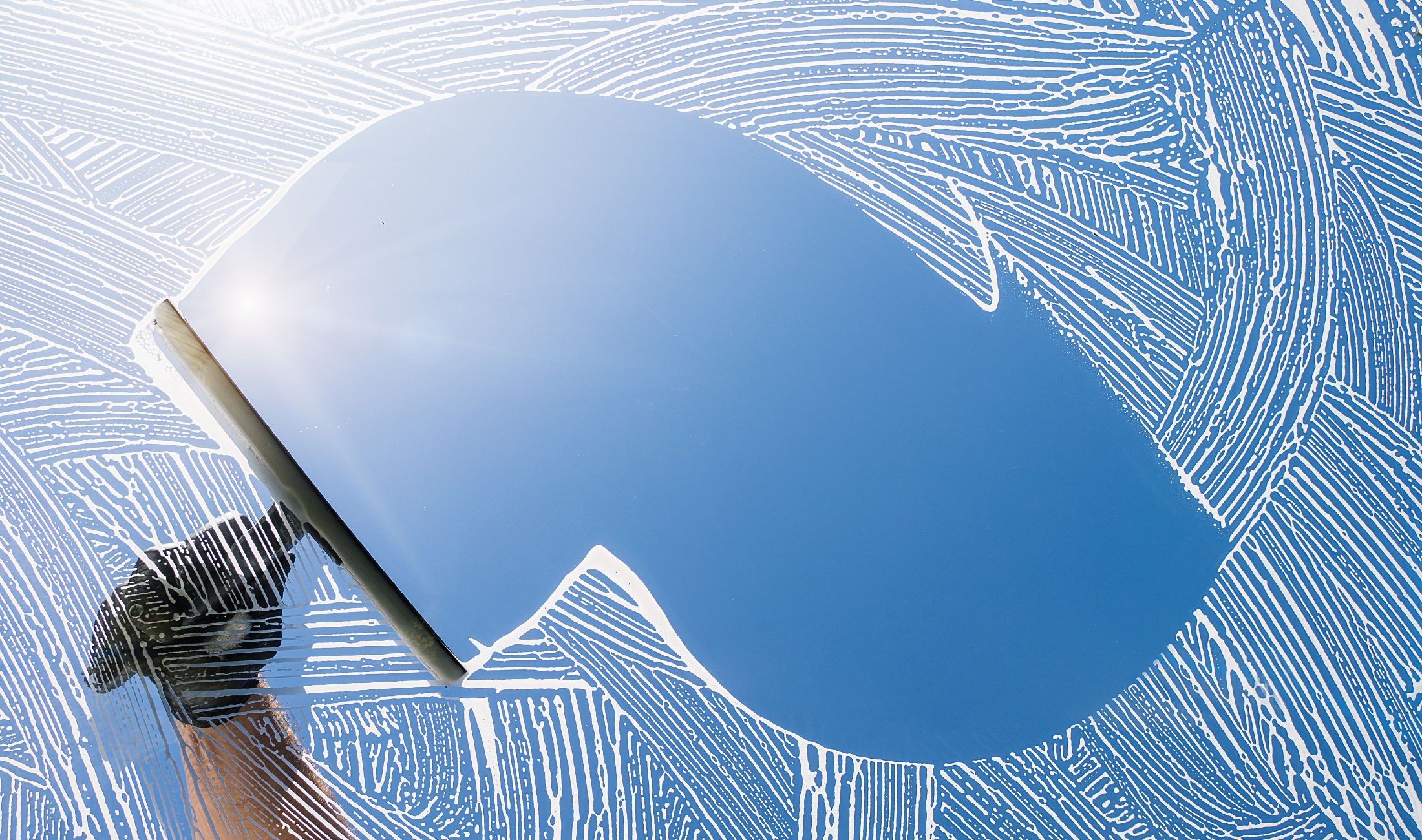
Don’t Forget the Corners and Edges
Even after a good wipe-down, leftover water can pool in corners or drip from the edges. Take a dry microfiber cloth or a clean rag and run it along the edges to catch any excess. This helps prevent water spots and keeps frames from developing mold or damage. Pay attention to the bottom edge especially, where most buildup tends to settle.
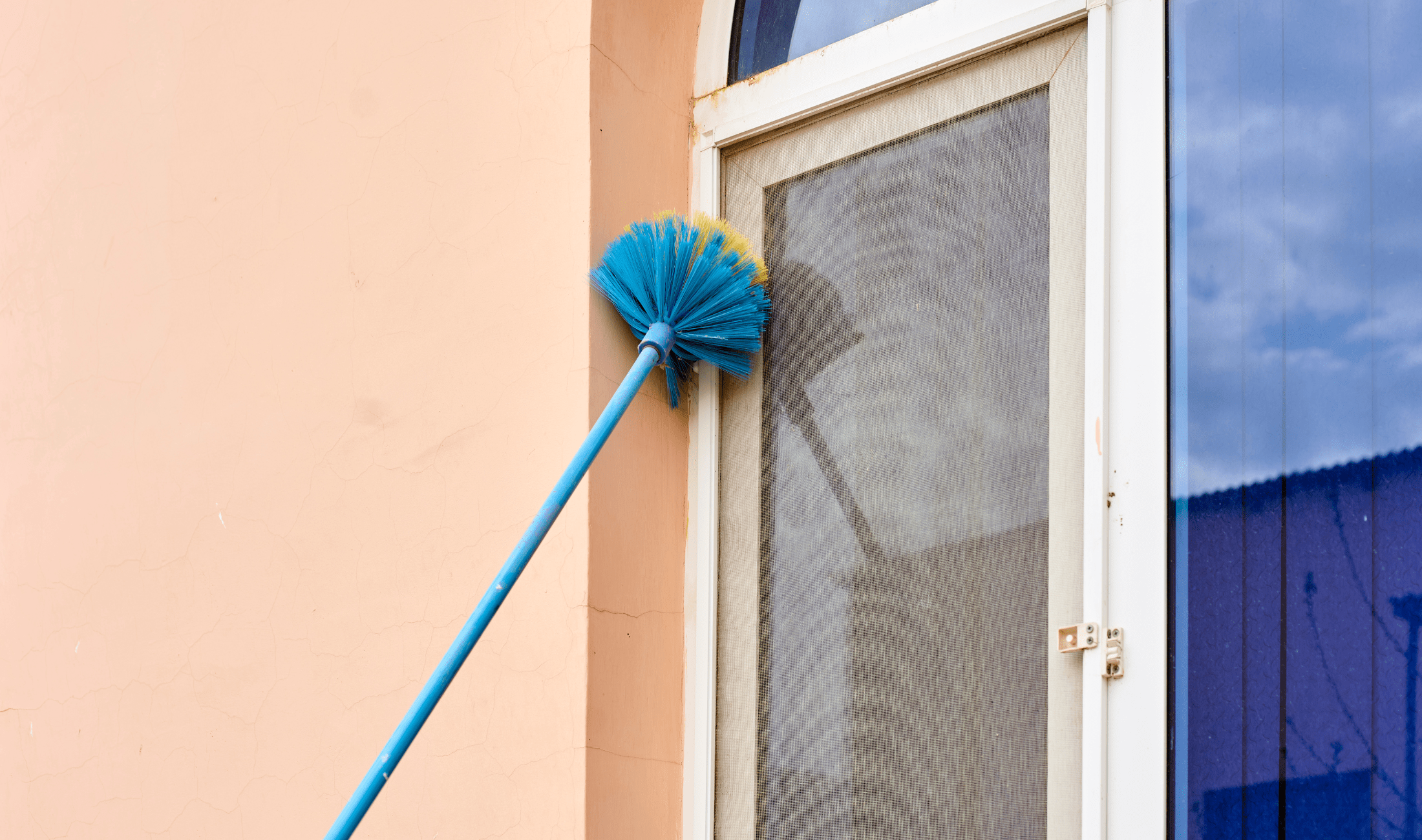
Clean the Screens Separately
Window screens also collect dust and grime, which can transfer back onto your clean glass if they’re ignored. Remove them gently and wash them with warm water and a soft brush. Let them dry fully before putting them back on. If you can’t remove them, use a vacuum brush attachment or lint roller to pull up surface dirt without damaging the screen material.
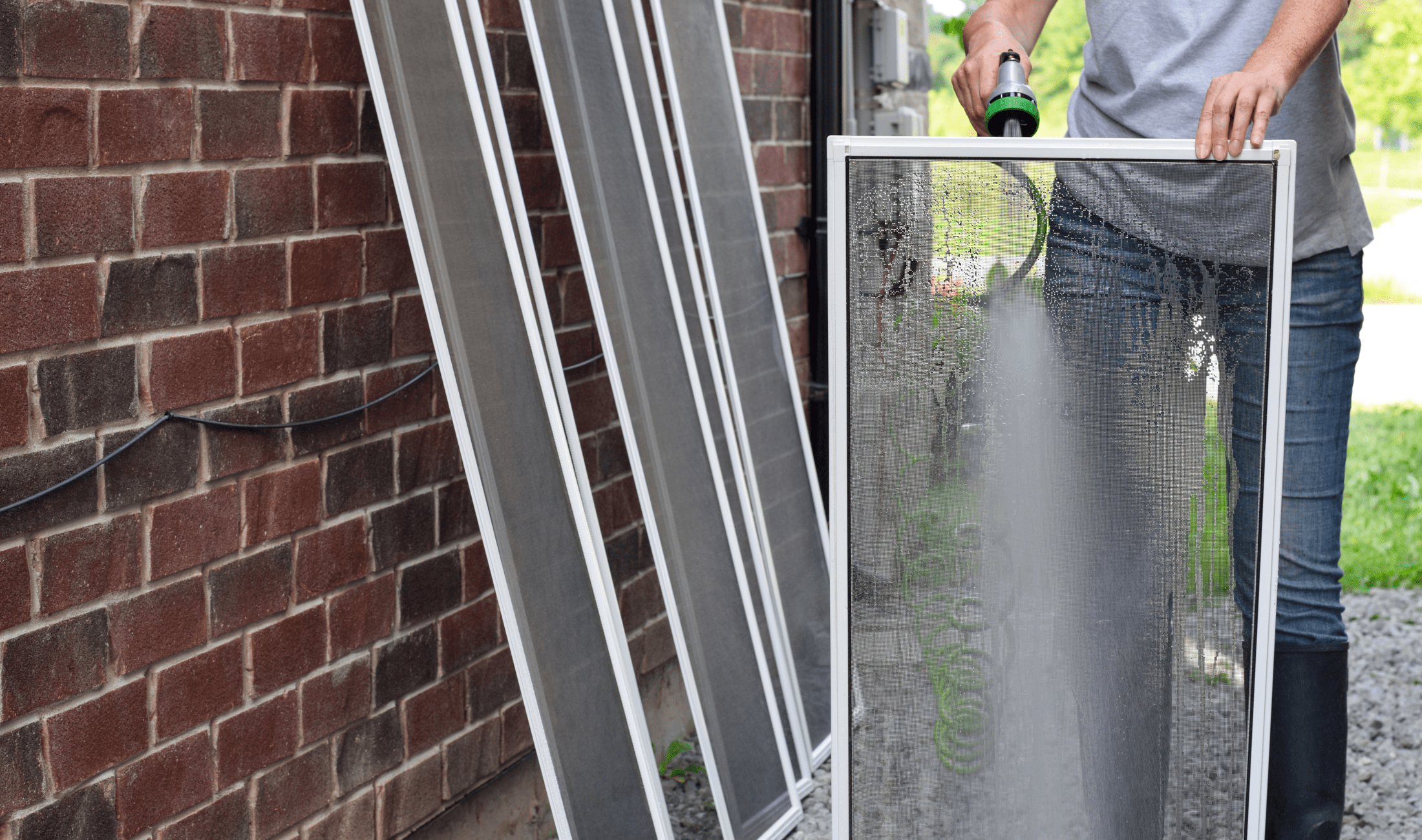
Keep Up With Maintenance
Windows don’t need to be washed every week, but a regular schedule helps. Cleaning twice a year is often enough for most homes, but you may want to do it more often if you live near construction, trees, or heavy traffic. Keeping windows clean is easier when dirt hasn’t had time to bake on. Staying consistent can also help you catch problems early, like damaged seals or cracked panes.
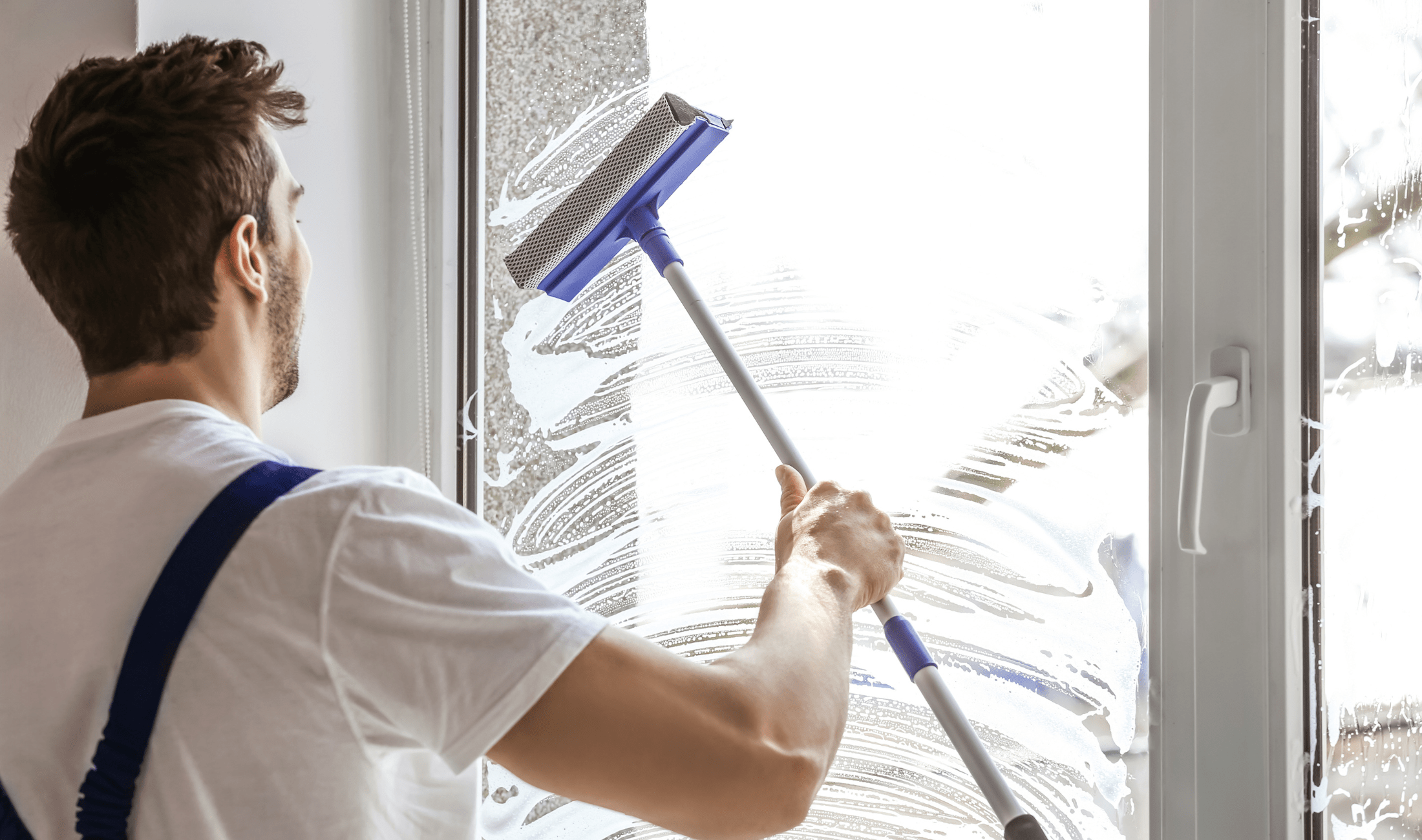
Related Articles
- This DIY Hack Will Keep Your Windows Condensation-Free
- How To Clean The Most Annoying Spots In Your Home
- How to Clean Window Screens Without Removing Them
Window washing might feel like a chore, but with the right method, it’s more manageable than it seems. Clear glass doesn’t just look better, it also helps keep your space brighter and more inviting. With a bit of preparation and care, you can cut down on streaks, save time, and enjoy the benefits longer!









